
Decaf, But Make it Cool – The Mountain Water Process
Love coffee but not the caffeine jitters? We get it. Sometimes, you just want that coffee taste without the turbo boost. That’s where decaf
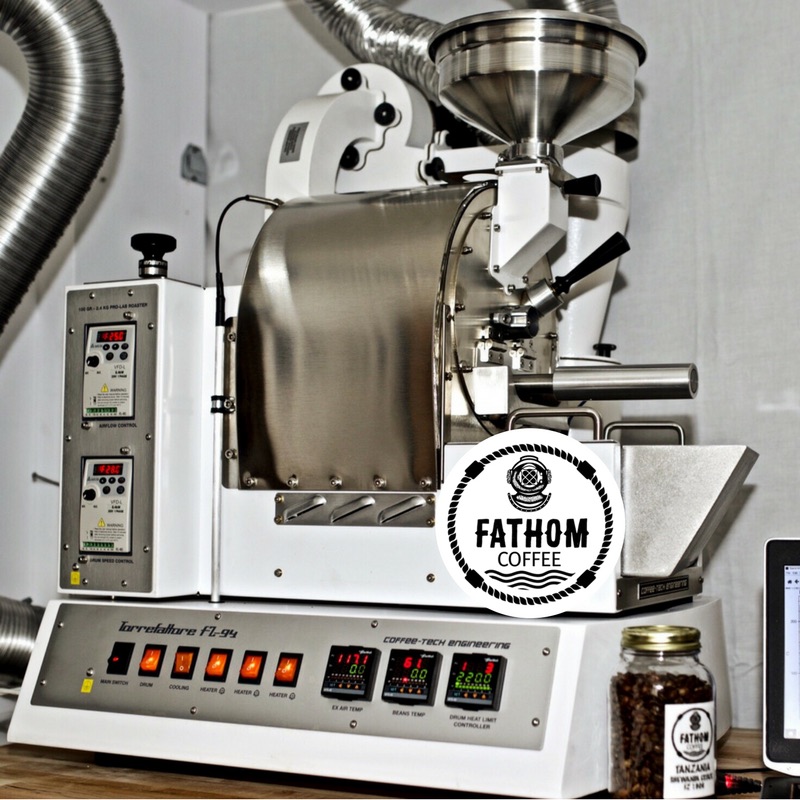
Coffee is more than a drink. It’s become a culture. Coffee connoisseurs are constantly inventing better ways to brew and serve their coffee drinks. With lots of practice and patience, top roasters can prepare their coffees to perfection, retaining each origin’s unique, pure flavors in the process.
While scientific at its core, the coffee-making process has also become an art form. In the “third wave coffee” scene, we’re seeing more shops and individuals at home experimenting with small batches.
If you’re a coffee drinker, you’ve probably heard of small batch and maybe even micro-roasted coffee. But have you heard of the nano roast? In our opinion, it will soon be one of the hottest trends in the specialty coffee niche. Keep reading to learn why.
On Deck (Table of Contents)
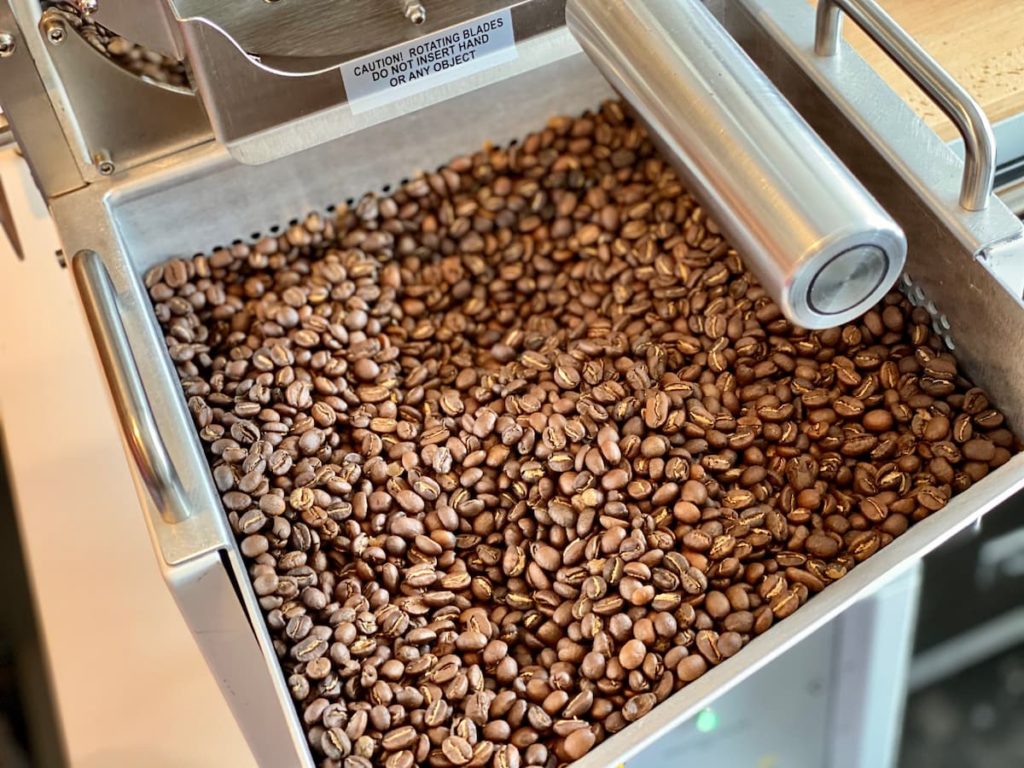 Let’s start by covering what micro-roast coffee is and go from there. Micro-roast coffee is simply coffee roasted in small batches. It tends to be fresher than coffee roasted in larger batches because it isn’t left sitting on the shelf as long. Instead, roasters can prepare micro-roast coffee to order and serve or ship it very quickly after roasting.
Let’s start by covering what micro-roast coffee is and go from there. Micro-roast coffee is simply coffee roasted in small batches. It tends to be fresher than coffee roasted in larger batches because it isn’t left sitting on the shelf as long. Instead, roasters can prepare micro-roast coffee to order and serve or ship it very quickly after roasting.
A more concise definition of “micro roaster,” according to Roast Magazine, is a company that roasts less than 100,000 pounds of coffee annually. Now that’s still a lot of coffee. Small shops may roast closer to 50 or 100 pounds per week (or less).
Nano roasting adds another layer of quality and freshness to the coffee equation. A “nano-lot” is a single plot of land that yields top-quality coffee beans. Producers can trace the limited-quantity coffee back to its distinct origin. Nano-roast coffee beans must score highly on the “Q grader,” which scores Arabica coffees based on quality. Coffees that score 80 or higher are considered “specialty,” according to the standards set by the Specialty Coffee Association of America.
We’ve already briefly touched on this, but we’ll dive a little deeper to give you more context for how these two types of roasting methods differ.
Commercial companies often use giant roasters to produce millions or even billions of pounds of beans each year for large consumer bases. They must keep up with enormous demands while keeping costs low. Starbucks, for example, buys 800 million pounds of coffee every year (5% of the world’s coffee).
Coffee roasted in large batches can lose quality due to the scale, fully mechanized roasting process, and long shelf life. Conversely, small batch roasters carefully sort their beans, roast them to achieve a desired aroma and depth of flavor, and often ship them out fresh out of the oven. They usually keep meager inventory on hand, so you’ll know they haven’t been sitting on the shelf for ages when they arrive at your doorstep.
Small batch roasters may also sample coffee from various niche producers more easily by ordering minimal quantities. If they love what they sample, they can decide to purchase a full bag and serve it to customers.
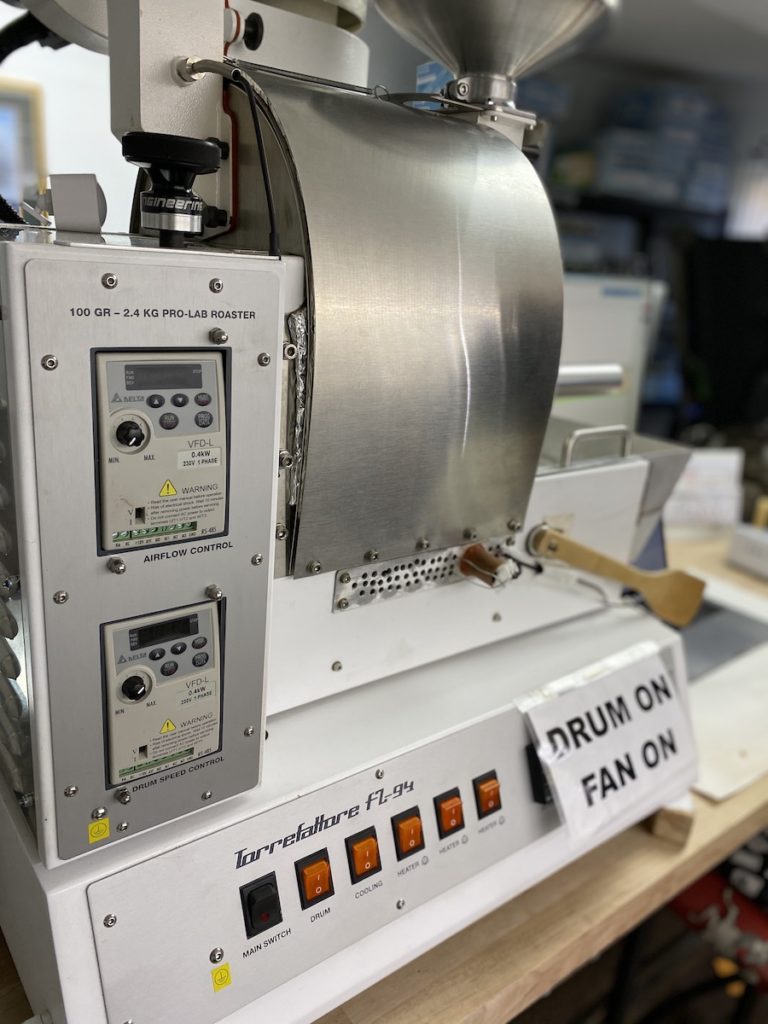 Nano roasters can effectively control the quality and outcome of small batches and often focus on value over profit. They can also roast their beans more evenly using small machines to achieve greater uniformity in size and color than commercial coffee producers.
Nano roasters can effectively control the quality and outcome of small batches and often focus on value over profit. They can also roast their beans more evenly using small machines to achieve greater uniformity in size and color than commercial coffee producers.
Nano roasters carefully roast your coffee beans to extract the most amount of flavor possible. While perfecting their craft, they learn how long each type of coffee bean should be roasted to maximize the flavors of its origin.
At Fathom Coffee, we only order premium (or “specialty”) beans and sort them carefully by hand to choose the ones that are uniform in size, shape, and color. That way, they’ll roast beautifully and taste amazing. We purposely sell our beans in transparent glass jars, so you know exactly what you’re getting when you buy.
Unlike some shops, we will never mix a batch of good beans with subpar or poor-quality beans. We know what the end product will be if we do: a whole set of bad beans. If we notice bad beans mixed in with our good beans from a specific producer, we never order from that producer again.
Large and medium batch coffee can potentially lose its freshness and potency because of the lengthier production process. It can sometimes take several months for the coffee to get from the farmer to the shelf. A small batch roaster might not even begin roasting the beans until you give the green light, guaranteeing maximum freshness.
Many commercial coffees also lack certifications to ensure they uphold environmental, ethical, and health standards. As a result, many popular brand coffees may contain preservatives, chemicals, mold, and other things we don’t want to consume.
When you order from a nano roaster, you might have many more options than if you order from a commercial producer. Fathom Coffee, for example, has 21 coffees “on tap” that we’re ready to roast or brew for our customers. You can even come into our shop and ask for a specific origin, and we’ll likely have it on hand. As we like to say, we have a coffee for almost every letter of the alphabet (which is more than most large and small batch roasters).
Preparing coffee in small batches allows roasters to innovate – an option they may not have if roasting on a larger scale. Small batch roasters can tweak their recipes and continue improving their roasts over time, carefully monitoring the entire process. With a wider variety of origins, they can perfect each one and create new, creative drink options for their customers through experimentation.
While no one wants to waste precious coffee beans, you may not even have the option to “practice” your craft if you’re working on a commercial scale. If you do, you’d be out hundreds or thousands of pounds of coffee beans (and a whole lot of money).
When you only have a small batch of each type of coffee, you naturally take great care not to squander a single bean. Your standards are high, and your process is meticulous. You want every batch to be exquisite, and a part of you is attached to every sale. Your beans represent your business, reputation, and the care and attention you put into every batch.
Many nano-coffee roasters, including Fathom, take pride in the end product. We don’t mess around with mediocre because we know for a fact that we can give you the best.
Fathom Coffee is proud to be a nano roaster of specialty coffees from numerous origins. We love roasting in small batches so we can perfect each one to come out pure and delicious. We roast as small as two kilos at a time, which is how we can manage such a wide variety of coffees in our small shop in Virginia Beach.
We’d love to welcome you into our shop and let you experience our fresh, top-quality coffee yourself. If you’re not a local, you can browse our entire selection of beans online, and we’ll ship them to you in vacuum-sealed mason jars. That way, we know they’ll make it to your doorstep as fresh as the day we roasted them.

Love coffee but not the caffeine jitters? We get it. Sometimes, you just want that coffee taste without the turbo boost. That’s where decaf
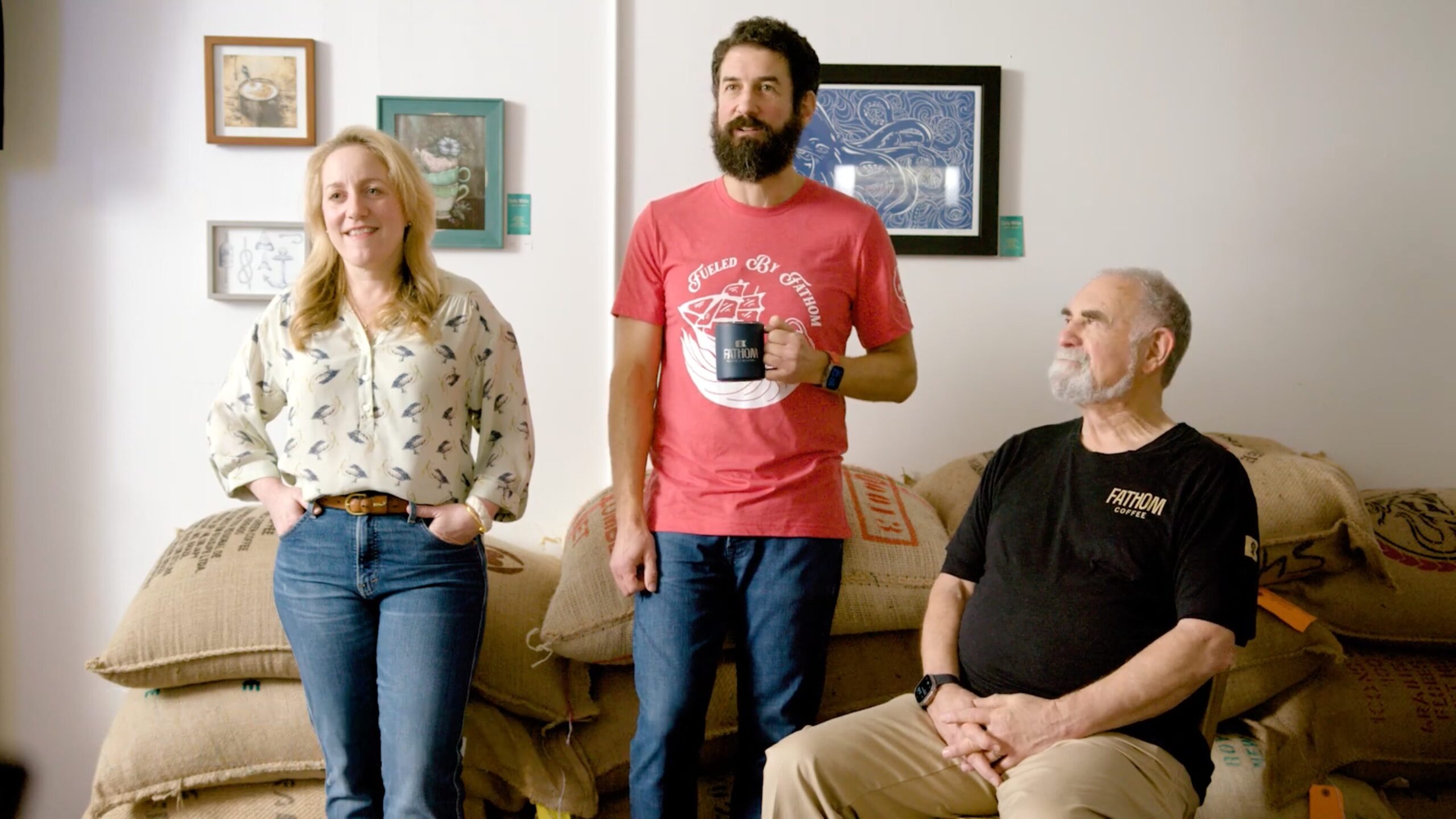
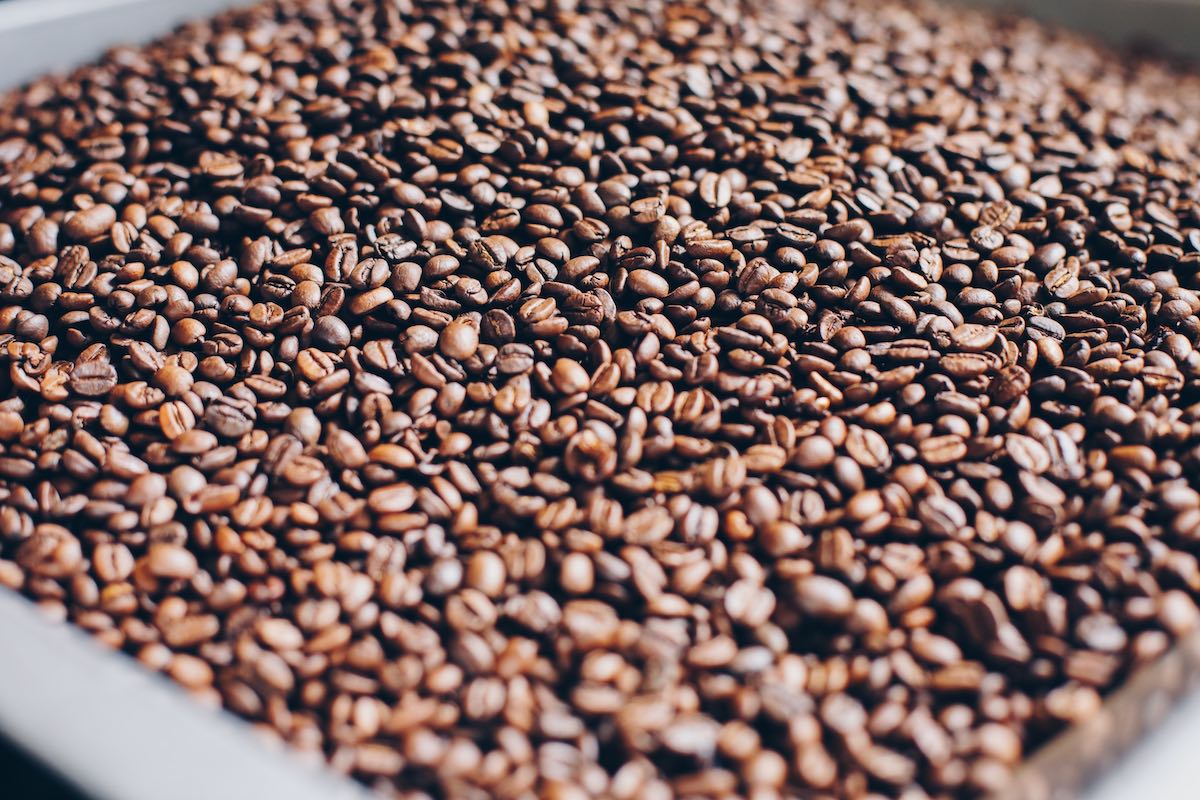
India is the sixth largest coffee exporter in the world. But it hasn’t always been that way. From smuggling a few measly coffee beans into